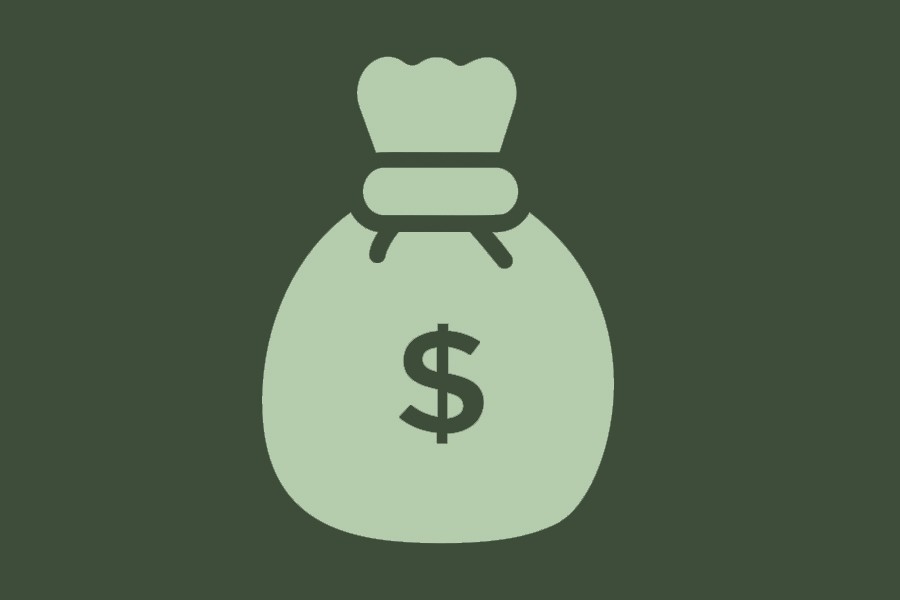The World Bank approved a $250 million financing to help Bangladesh strengthen policies to sustain growth following the Covid-19 pandemic and enhance resilience to future shocks.
The credit is from the World Bank’s International Development Association (IDA), which provides concessional financing, has a 30-year term, including a five-year grace period.
The Bangladesh First Recovery and Resilience Development Policy Credit—the first in a series of two credits—supports fiscal and financial sector policies to enhance macroeconomic stability and sustain growth, said the global lender in a statement on Friday.
The loan supports expanding and modernising social protection programmes and energy sector policies to improve efficiency and reduce greenhouse gas emissions. These actions will help the country build resilience against future shocks, including climate change.
“Since 2020, the World Bank has provided over $3 billion to Bangladesh to support emergency response, vaccination, and other COVID 19 recovery efforts,” Mercy Tembon, World Bank Country Director for Bangladesh and Bhutan was quoted in the statement.
“This credit will further accelerate the government’s endeavors to strengthen its policies and regulatory framework to pave the way for a green, resilient, inclusive recovery and low-carbon growth.”
This programme supports the development of the National Tariff Policy, which will help modernise trade taxes. New policies also enable foreign firms, including non-resident digital services companies, such as the search, social media, and cloud services firms, to submit VAT returns and make payments.
Expanded coverage of the national e-Government Procurement (e-GP) system will increase the efficiency of public expenditure.
The financing will help streamline the bank recovery framework. All scheduled banks will prepare recovery plans, which will be updated annually.
New legislation will be prepared to strengthen the stability and efficiency of payment and settlement systems, which will also foster digital and mobile financial services. The programme supports adjustments to the interest rates of several public savings instruments, bringing them closer to the market to reduce distortions.
It will also help Bangladesh with its transition to a low-carbon economy. The revised National Building Code will improve energy efficiency in buildings, while the cancelation of 8,451 MW of planned investment in coal-fired power generation projects supports progress towards Bangladesh’s Nationally Determined Contributions (NDC) 2021.
“This financing will help Bangladesh harness digital technology to ensure green and resilient growth,” Bernard Haven, World Bank Senior Economist and Task Team Leader for the project was quoted as saying.
“Fiscal and financial sector policies will help sustain growth, while enhancing the coverage and efficiency of social protection programs will protect the poor and vulnerable during economic shocks and natural disasters.”


